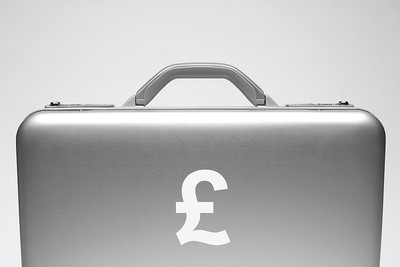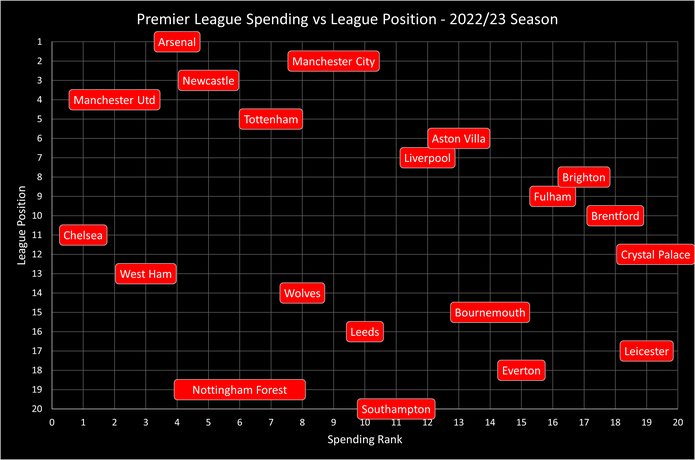 In a record-breaking season, Wrexham have secured promotion to the Football League with room to spare.
In a record-breaking season, Wrexham have secured promotion to the Football League with room to spare.
The Welsh club has amassed 110 points and scored 115 goals with a game to go, ending their hiatus from the professional ranks which dates back to 2008.
The primary reason for their success has been the financial clout of Tinseltown actors and entrepreneurs Ryan Reynolds and Rob McElhenny, who acquired the club in 2021. Through clever social media and no shortage of investment, Wrexham now enjoy a global fanbase, with supporters from across North America travelling to the small Welsh city to see them play.
Actors including Will Ferrell and Paul Rudd have also stopped by, so Wrexham is a club besieged by late-comers and casuals who were nowhere to be seen when their home games were being played out in front of crowds of 400.
Reynolds and co have tried to paint this as some kind of fairytale, Hollywood story, but the truth is that they have plunged £10 million into the club in barely two years – at Vanarama National level, that is an outrageous sum of money.
They’ve been rewarded with a league title win, and given their spending Wrexham’s success is unlikely to end there.
So if big spending in the top-tier of non-league football tends to get the job done, is splashing out on transfer fees and player wages still a requisite for success in the professional game?
Return on Investment
Although it’s not an exact science, because a club may yield the reward from their new players in years to come as they mature, the answer to our original question is a resounding no.
The chart below confirms that spending big in the Premier League is absolutely no guarantee that success will follow on the pitch:

Only eleven of the Premier League’s 20 clubs have achieved a return on their investment: that is, their projected league position with eight games to go is higher than their spending rank.
| League Pos. Above Spending Rank | League Pos. Below Spending Rank |
|---|---|
| Arsenal | Chelsea |
| Newcastle | Manchester Utd |
| Tottenham | West Ham |
| Manchester City | Nottingham Forest |
| Liverpool | Wolves |
| Aston Villa | Leeds |
| Fulham | Southampton |
| Brighton | Bournemouth |
| Brentford | Everton |
| Leicester | |
| Crystal Palace |
Nine clubs have overspent relative to their results, with the conclusion being that they have brought the wrong players, overspent on the right players, have an incapable management team or will come good in the seasons ahead.
Of course, some of the remaining teams have done their heavy spending in seasons gone by – Manchester City and Liverpool are two such examples, but the takeaway point is that spending big on transfer fees and salaries does not guarantee success on the pitch. Indeed, the likes of Brighton, Brentford, Aston Villa and Fulham are proof that a little can still go a long way in the Premier League.
Money for Nothing

An interesting thesis posted in the Harvard Business Review took stacks of data on football transfers and team results and concluded that there was no clear link that suggests that big spending alone is enough to guarantee success.
However, the author – Adil Bhatia – concluded that buying players ranked in the top 20% in the world for their specific position could help to improve results on the pitch.
The most alarming takeaway for fans of some clubs was:
“This analysis suggests that a club’s net transfer expenditure, reported as a fraction of the corresponding league’s net expenditure, did not significantly impact player or club performance.”
It’s not strictly true, however, if we look at Europe’s big five leagues. In those, the team with the highest expenditure rank (i.e. that has spent the most on players) is expected to win the league in 3/5, according to the bookmakers: Bayern Munich, PSG and Barcelona.
In the other two main continental divisions, Pep Guardiola has spent £1 billion on transfer fees at Manchester City – the fact they have spent less this season is not really that relevant, while the ‘unicorns’ of Serie A, champions-elect Napoli, still had the third-highest expenditure this term at a not-insubstantial £67 million.
So can money buy success in football? The jury is very much out on that. But if you invest it in the right people, it can certainly buy you a league title or two….